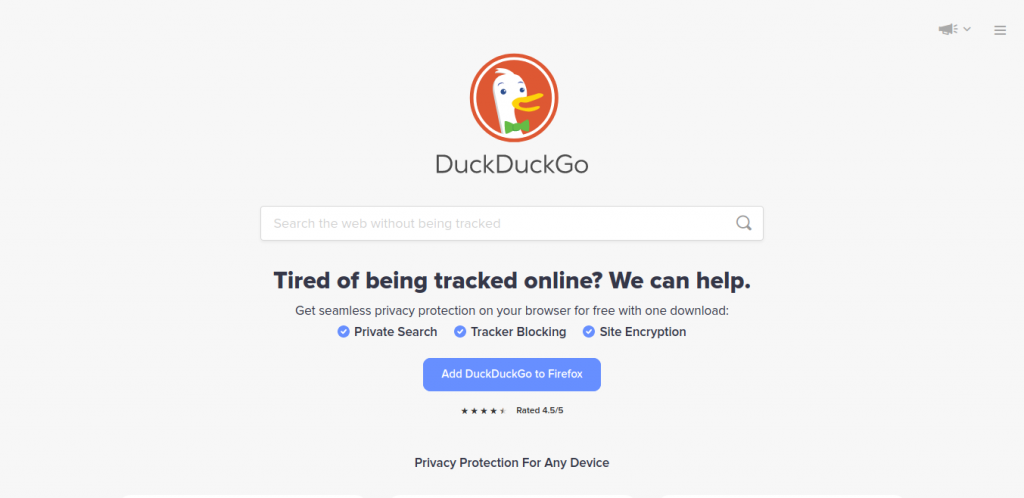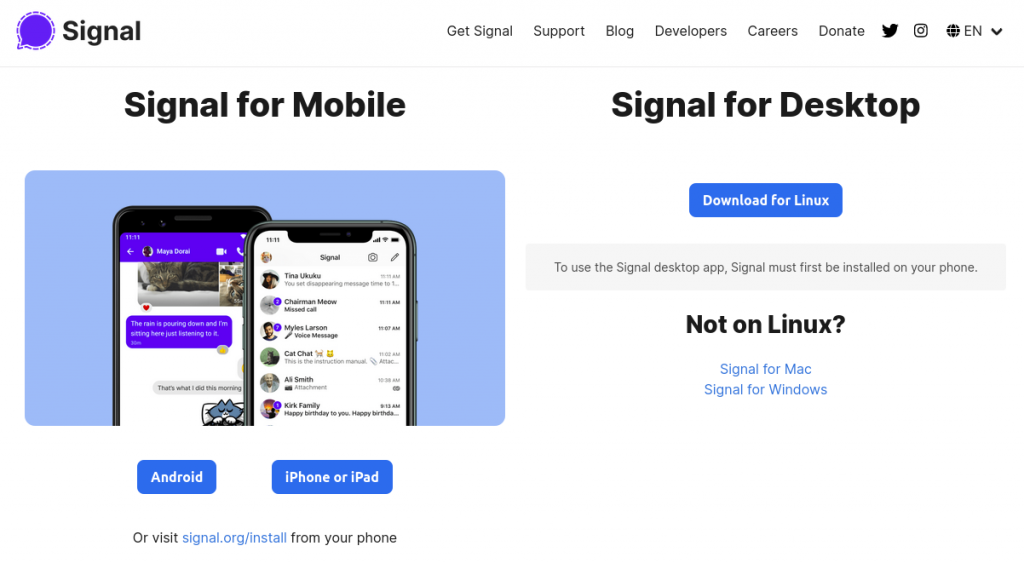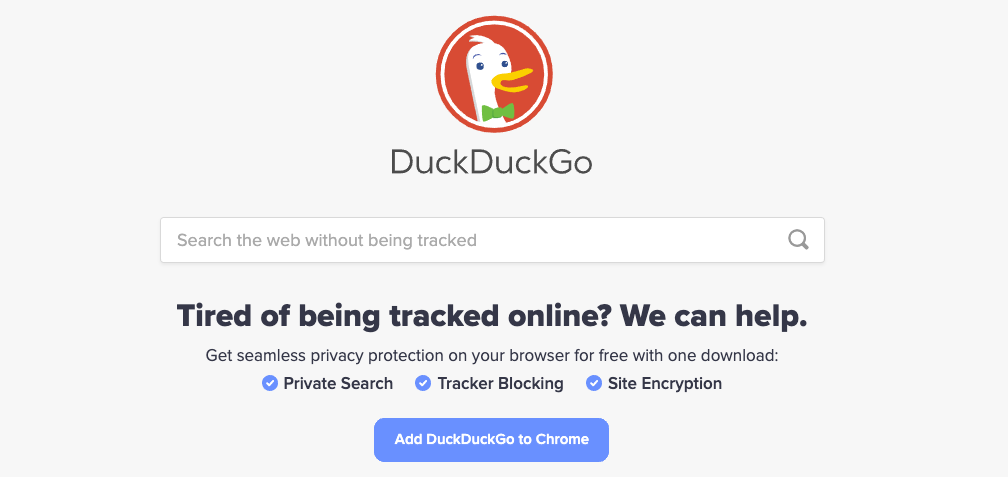by Staff writer Cristian Velazquez
When most people think about internet privacy, they think that the tools for utilizing it are reserved for either criminals, whistleblowers, or crazed conspiracy theorists. That could not be farther than the truth. Developers have been crafting software and tools for a long time to make privacy as easy as possible for everyday people. As concern over Big Tech grows as time goes on, people with a passion for protecting your privacy have been developing the competition to companies that take users data to make money off of you through targeted ads that don’t seem to go away. Here are some simple steps to take back your data and take back control over your digital life.
Surfing the Web
With your browsing habits being able to reveal numerous aspects of your personal life, this is one of the most important areas of your digital life to modify. A great start is to use the DuckDuckGo search engine, as opposed to Google Search. What makes DuckDuckGo so great is that it doesn’t store any data that could personally identify users, such as your search history, IP address or device information. This way, user search queries don’t fuel the “creepy ads” that follow you around based on what users lookup. However, targeted ads still can haunt you through the trackers that most of the websites users visit have. To remedy this, you need a good browser.
A picture of DuckDuckGo’s homepage. For a cleaner look, try start.duckduckgo.com

One of the best web browsers for keeping yourself private and secure is Firefox. Firefox is widely recommended by privacy enthusiasts not because of what it can do out-of-the-box, but because of its ability to be modified to better protect you against tracking, or “hardened”.
Firefox is also open source, meaning that the source code of the software is freely available to view and modify. Open-source software isn’t good for privacy in and of itself. But since the code of the software is open to scrutiny, open-source software is trusted to do what it says it does.
Take some time in the preferences menu (gear icon) to harden Firefox. Set DuckDuckGo as your default browser, set Enhanced Tracking Protection to Strict, set cookies and history to clear after Firefox closes, disable any data collection from Firefox, and go into HTTPS-Only Mode. Be aware that some of these modifications can and will break some websites or website features (such as staying logged in to websites). If you want to see how these changes affect users’ browsing habits, make these tweaks incrementally.
For mobile browsing, Try the DuckDuckGo app, the Firefox app, and the Firefox Focus app. All of these apps are free, open-source and have privacy in mind.

Chatting with friends
Users texts and calls with people they know are also a treasure trove of personal information that people and companies are interested in. One of the easiest and most popular way to make your communication more secure against threats to your privacy is to install and use Signal. Signal uses end-to-end encryption when sending messages, which essentially means that no one but the user and whoever you’re chatting with can digitally access your texts, calls, etc. Furthermore, Signal goes above and beyond other encrypted messengers by being open source and never collecting personal data (except for your phone number, which is required to use the service). Although Signal only works with people already using it, inviting your friends to use the app is easy and built into the app with a setting that sends a message to one or more contacts inviting them. With features that other apps for communication have, such as video calls, audio messages, group chats, the transition for you and others should be very smooth. Signal also comes with some fun privacy-centric features, such as disappearing messages and a tool to blur identifying information in photos (such as faces and license plates).

These are some very good first steps to take in the internet privacy journey. However, this merely scratches the surface and much more knowledge is available from enthusiasts in online communities who will help you with similar novice advice and also guide you through more advanced steps to strengthen your privacy, like switching to a Linux OS, using Firefox extensions, and utilizing more open-source software. Here are some of those communities. Make sure to cross-reference sources and check dates when services and methods are recommended so users have the most up-to-date and helpful advice to maintain privacy.

